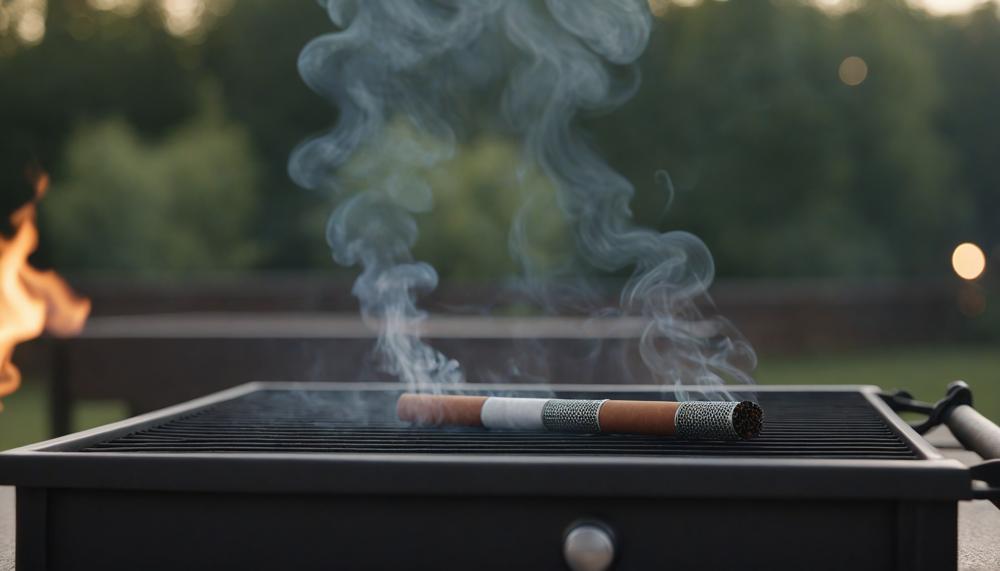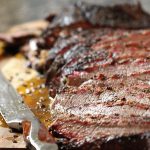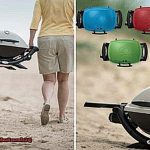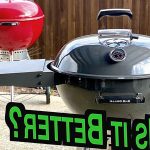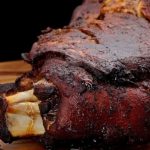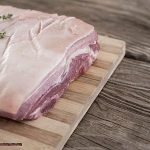Did you know that over 60% of barbecue enthusiasts report occasional issues with their smokers not reaching the desired temperature? This surprisingly common problem can turn an anticipated backyard feast into a frustrating ordeal.
Understanding why this happens can help you fix the issue quickly, or prevent it in the first place, ensuring that your next smoked brisket is nothing short of spectacular.
Here’s what you need to know to keep the heat right where you want it:
- Common Culprits: Often, the issue boils down to fuel problems, airflow blockages, or malfunctioning components. Identifying which one is affecting your smoker is the first step to solving the problem.
- DIY Fixes: Before calling in the pros, there are several checks and adjustments you can perform. This can range from replenishing fuel to cleaning vents and checking for worn out parts.
- When to Call Experts: Sometimes, the problem might be beyond a simple DIY fix. Knowing when to seek professional help can save you time and further complications, especially when dealing with intricate electrical components or gas lines.
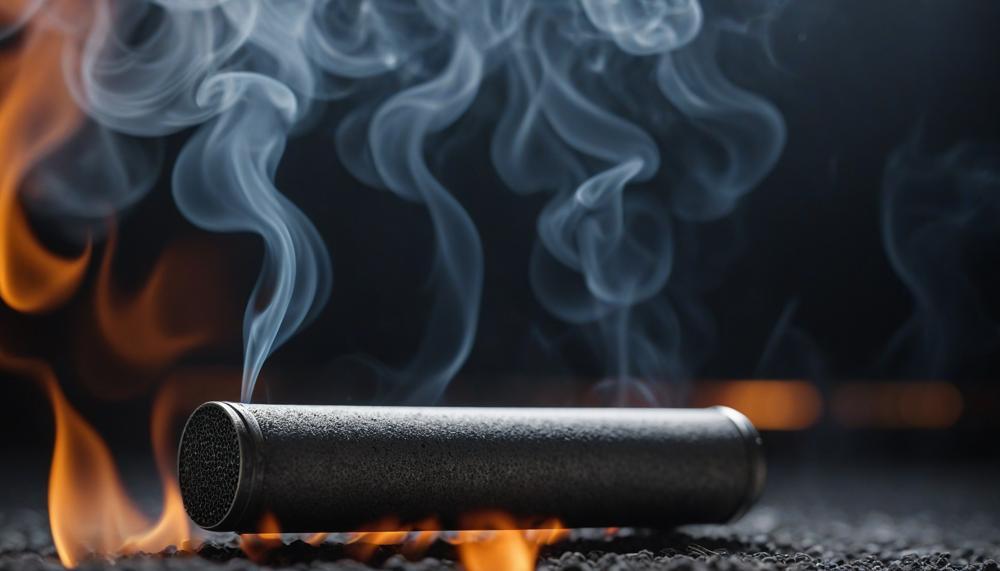
Understanding these aspects will not only help you resolve heating issues but also enhance your overall smoking experience, ensuring every cookout is a success.
Contents
Reasons for slow heat
There are several factors that can contribute to a smoker heating up slowly. These include insufficient airflow, a lack of fuel supply, the type of wood or charcoal used, external weather conditions, and a malfunctioning thermometer.
| Reason | Description | Solution |
| Insufficient Airflow | Blocked air vents, clogged air intake holes, or a malfunctioning exhaust damper can restrict airflow and lead to low heat output. | Regularly clean and maintain air vents, ensure they are not blocked, and replace any faulty parts. |
| Lack of Fuel Supply | Not using enough fuel or using low-quality fuel can result in a weak fire and low heat output. | Make sure to use enough quality fuel that is properly seasoned for optimal burning. |
| Type of Wood/Charcoal Used | Different types of wood and charcoal have varying burning temperatures and can affect the heat output of your smoker. | Experiment with different types of fuel to find the one that works best for your smoker. |
| External Weather Conditions | Windy or cold weather can make it challenging for the smoker to maintain a consistent temperature. | Protect your smoker from strong winds and adjust the amount of fuel used according to the weather conditions. |
| Malfunctioning Thermometer | A faulty thermometer can give incorrect temperature readings, leading to over or undercooked food. | Regularly calibrate your smoker’s built-in thermometer and use a separate digital meat thermometer for accurate readings. |
So, it is essential to pay attention to these common issues and address them to ensure that your smoker heats up properly and delivers delicious BBQ every time.
By doing your research, understanding the different factors that can affect your smoker’s heat output, and making informed decisions, you can elevate your BBQ game and impress your friends and family with perfectly cooked meats.
Remember to explore the world of different types of wood and charcoal, and don’t forget to clean and maintain your smoker regularly for a smooth cooking experience.
Why is my Smoker not getting hot?- Brief overview
There are a few common reasons why a smoker may not be heating up properly.
These include issues with the pellet stove’s start-up sequence, pellet quality and feed rate, airflow imbalances, insufficient fuel, or mechanical and sensor problems. It is important to regularly clean and maintain your smoker to ensure optimal performance.
Additionally, external factors like weather conditions and type of fuel used can also affect the heating of your smoker.
Conclusion
Understanding why your smoker isn’t heating up properly is key to ensuring your barbecues are both enjoyable and delicious. Common issues such as blocked airflow, insufficient fuel, and malfunctioning components can easily disrupt your cooking experience. To get back to grilling greatness, start by checking the simplest variables: ensure your fuel is dry and abundant, and confirm that vents are clear and open for optimal air circulation.
Regular maintenance, like cleaning ash and soot buildup, significantly prevents most heating troubles. It’s also wise to keep an eye on your smoker’s thermometer accuracy and the condition of critical mechanical parts like igniters and burnpots. If these steps don’t resolve the heating issues, it may be time to consult with a professional, especially when dealing with complex systems like electrical components or gas lines.
Remember, the art of smoking meat relies not just on your skills and seasoning but also on the proper functioning of your smoker. With regular care and attention to these details, your smoker will perform efficiently, making every cookout a potential masterpiece of flavors.

